First time Gardener
stephanielily
13 years ago
Related Stories
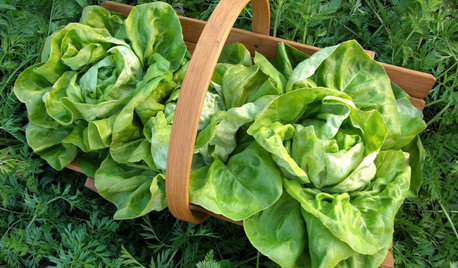
GARDENING GUIDES10 Easy Edibles for First-Time Gardeners
Focus on these beginner-friendly vegetables, herbs, beans and salad greens to start a home farm with little fuss
Full Story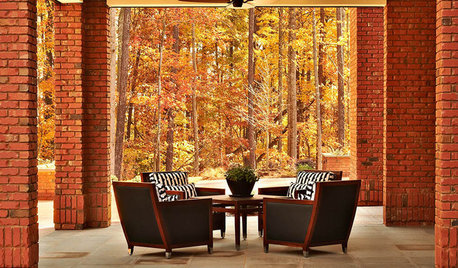
ARCHITECTUREGet a Perfectly Built Home the First Time Around
Yes, you can have a new build you’ll love right off the bat. Consider learning about yourself a bonus
Full Story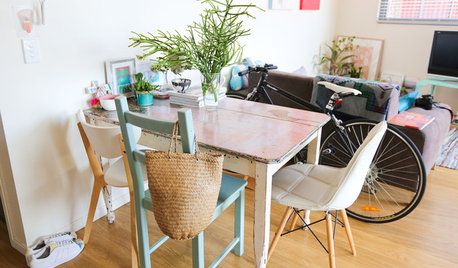
LIFEWorld of Design: Discoveries of 10 First-Time Homeowners
See how people around the globe have shaped their starter houses and made them their own
Full Story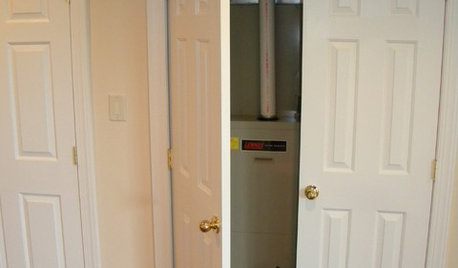
MOST POPULARA First-Time Buyer’s Guide to Home Maintenance
Take care of these tasks to avoid major home hassles, inefficiencies or unsightliness down the road
Full Story
HOUZZ TOURSMy Houzz: Eclectic Repurposing Fits First-Time Homeowners in Utah
DIY projects using reclaimed materials add rustic style to an open-layout Salt Lake City home
Full Story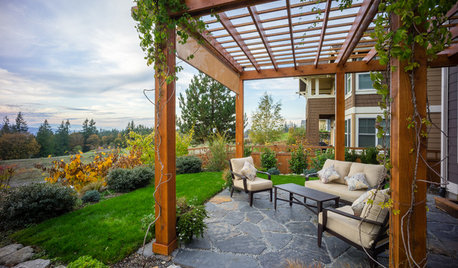
FALL GARDENINGWhy Fall Is the Best Time for Planting
Spring is overrated for planting. Starting plants in autumn has advantages for both garden and gardener
Full Story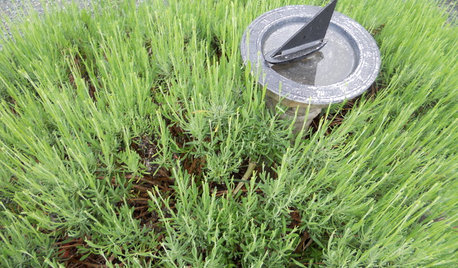
OUTDOOR ACCESSORIESIs It Time for a Sundial in Your Garden?
Welcome spring and add intrigue to your landscape with a sundial as functional art or fanciful decoration
Full Story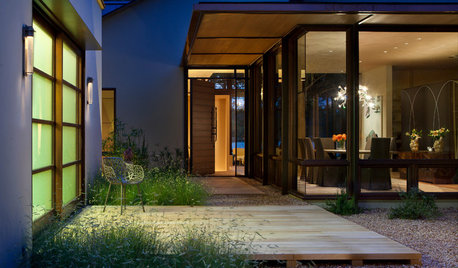
LANDSCAPE DESIGNDesign Solutions for the Time-Strapped Gardener
Landscaping for easy maintenance can help make your garden more manageable — and pleasurable to be in
Full Story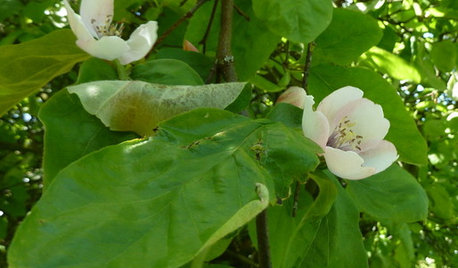
EDIBLE GARDENSWhy Grow Quince? For Beauty, Fragrance and Old-Time Flavor
Delightfully perfumed fruit and lovely spring blossoms make this apple and pear cousin worth a spot in the garden
Full Story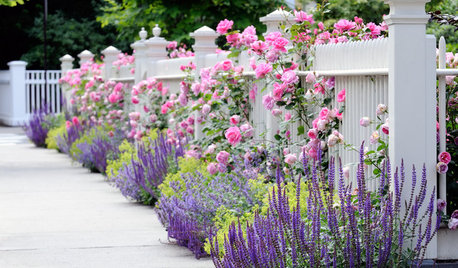
GARDENING GUIDES10 Tips to Start a Garden — Can-Do Ideas for Beginners
Green up your landscape even if you're short on time, money and knowledge, with these manageable steps for first-time gardeners
Full StoryMore Discussions






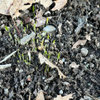
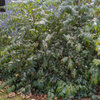
pixie_lou
runktrun
Related Professionals
Glendora Landscape Architects & Landscape Designers · Jackson Landscape Contractors · Tempe Landscape Contractors · Danvers Landscape Contractors · Goodlettsville Landscape Contractors · Lehigh Acres Landscape Contractors · Mount Kisco Landscape Contractors · Panama City Beach Landscape Contractors · Pleasanton Landscape Contractors · Ansonia Landscape Contractors · Crestline Decks, Patios & Outdoor Enclosures · Framingham Decks, Patios & Outdoor Enclosures · Portland Decks, Patios & Outdoor Enclosures · South Milwaukee Decks, Patios & Outdoor Enclosures · Troy Decks, Patios & Outdoor Enclosurestree_oracle
spedigrees z4VT
leira
spedigrees z4VT
NHBabs z4b-5a NH
runktrun
claireplymouth z6b coastal MA
leira
diggingthedirt
stephanielilyOriginal Author
defrost49
diggingthedirt
dfaustclancy
tree_oracle
spedigrees z4VT
tree_oracle
leira
ravenh2001